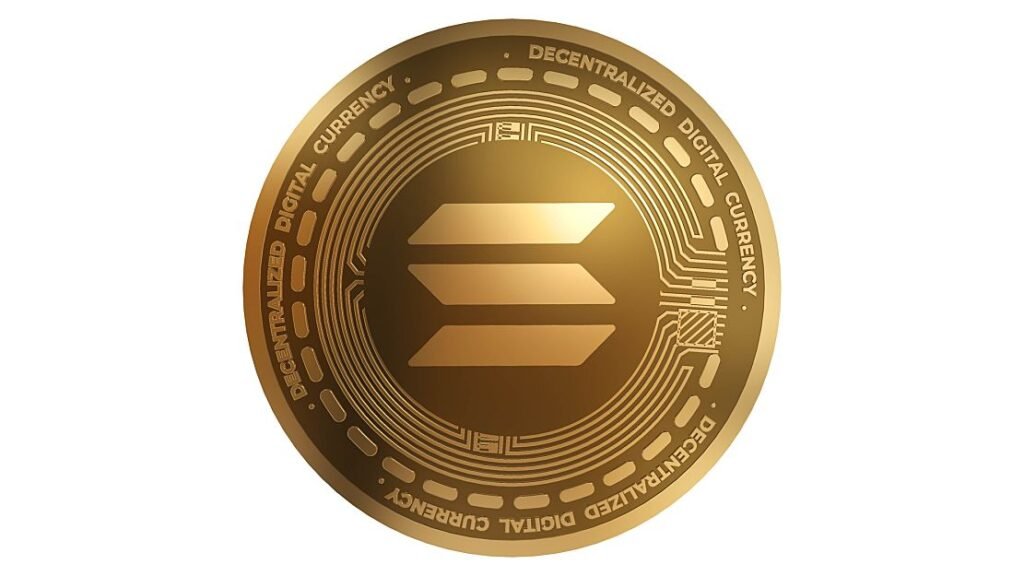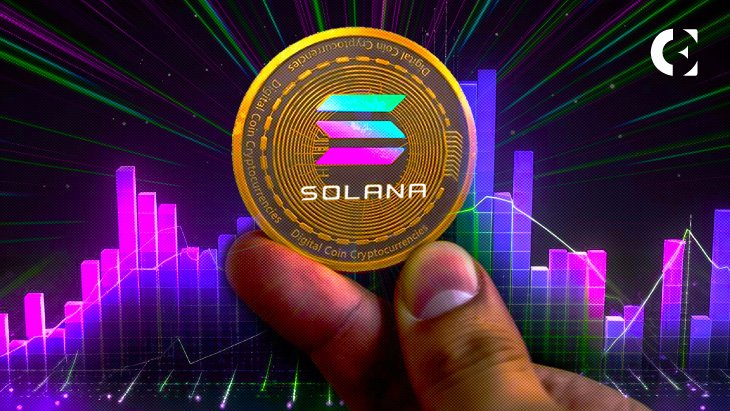What is Solana (SOL)?
Solana is a blockchain platform designed to host decentralized and scalable applications. Founded in 2017, it is an open source project currently led by the Geneva-based Solana Foundation, and the blockchain was created by San Francisco-based Solana Labs.

Solana is much faster in terms of the number of transactions it can process and has significantly lower transaction fees than competing blockchains such as Ethereum. The cryptocurrency running on the Solana blockchain, also called Solana (SOL), grew almost 12,000% in 2021 and at one point its market capitalization exceeded $75 billion, making it one of the largest cryptocurrencies by this metric at the time . .
Despite its popularity, SOL did not escape the decline of cryptocurrencies in 2022. By December 29, 2022, SOL’s market capitalization had fallen to approximately $3.63 billion. A year later, the company has regained almost half of its lost market capitalization.
Solana’s story
Solana co-founder Anatoly Yakovenko previously worked in distributed systems design at leading technology companies such as Qualcomm Incorporated (QCOM). This experience made him realize that a reliable clock makes it easier to synchronize the network, and when this happens, the resulting network will run exponentially faster, limited only by its bandwidth.
Yakovenko suggested that using proof of history would significantly speed up the blockchain compared to non-clock blockchain systems such as Bitcoin and Ethereum. These systems have struggled to scale beyond 15 transactions per second (TPS) worldwide, which is a fraction of the throughput managed by centralized payment systems such as Visa (V), which peak at 65,000 TPS.
Yakavenko’s historical proof overcomes this obstacle because every node in the network can trust the recorded passage of time.
Historical test concept
In November 2017, Yakovenko published a white paper describing the concept of proof of history (PoH).
In the white paper, Yakovenko points out that the blockchains that were then publicly available were not time-dependent, and each node in the network depended on its own local clock without knowledge of the clocks of other network participants. The lack of a reliable time source (that is, a standardized clock) meant that when a timestamp was used to accept or reject a message,
How do bets work with Solana?
Computers that provide network security are called validators. Participants stake their own SOLs to become validators, in exchange for the opportunity to earn new SOLs and a portion of the commissions. (Becoming a validator also requires a fairly high level of technical knowledge.)
SOL also serves as a “governance token,” meaning holders can also vote on future updates and governance proposals put forward by the Solana community.

What types of applications run on Solana?
Smart contracts are used in a wide range of applications, from NFT and DeFi marketplaces to decentralized games and lotteries.
As of August 2021, many of Solana’s most popular applications are DEX and lending applications. Solana’s ecosystem of crypto applications supports billions of dollars in assets. One of the reasons a user might choose an application running on Solana rather than, say, Ethereum is that speeds are high and congestion is low, resulting in very low fees.
As of August 2021, Solana has issued over $700 million worth of coins. (The launch of USDC was driven by collaboration between Coinbase and Circle through the creation of the CENTER consortium.)
Of course, there are risks associated with new cryptographic applications and technologies, from extreme volatility to the possibility of exploiting undetected bugs in smart contracts. Especially if you’re new, don’t risk money you can’t afford to lose.
Could other crypto tokens be issued on the Solana blockchain?
Yeah! As with Ethereum, different types of tokens can be created on Solana. “Fungible” and “non-fungible” tokens of many types can be created using the Solana Program Library (SPL).
“Non-fungible tokens” (better known as NFTs) are unique, while “fungible” tokens are exactly the same and equal to all other tokens of the same type. For example, a USDC token stored in one wallet is the same as a USDC token stored in any other wallet. Solana’s fungible tokens are similar to Ethereum’s popular “ERC-20” token standard, which allows users to create tokens for a wide range of uses, such as stablecoins, wrapped tokens, and governance tokens.
Coinbase currently supports several Solana tokens (with plans to support more in the future). Here’s some of what you can find: